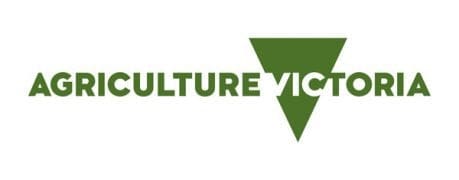 AGRICULTURE Victoria has boosted the number of authorised officers able to act on biosecurity and animal welfare threats, including the mulesing of sheep without pain relief in the state.
AGRICULTURE Victoria has boosted the number of authorised officers able to act on biosecurity and animal welfare threats, including the mulesing of sheep without pain relief in the state.
The agency said it continued to improve its capability to respond to biosecurity and animal welfare threats, with the training of 22 new authorised officers and inspectors.
The new officers and inspectors will cover a wide range of issues including animal biosecurity and animal welfare, plant biosecurity, weeds and pest animals, and agricultural and veterinary chemical use.
Of the 22 staff, nine are based in south-west Victoria, five in northern Victoria, six in south-east Victoria, and two staff in statewide roles.
An Agriculture Victoria spokesperson said AV is the primary agency responsible for enforcing reports of cruelty or non-compliance for livestock.
“The Prevention of Cruelty to Animals Act provides power for POCTA inspectors to investigate any non-compliance with the Act or Regulations.
“This includes power to enter, on reasonable grounds, if an animal is distressed or disabled or under warrant to search and seize items related to non-compliance.”
From July 1 last year, under new Prevention of Cruelty to Animals Act regulations, mulesing contractors and sheep producers could face fines if sheep were mulesed without using an approved pain relief product.
The spokesperson said incidents of mulesing without pain relief will be assessed on a case-by-case basis instead of a blanket rule.
“Investigations may be prompted in a variety of ways, with the regulatory outcome reflecting the circumstances of each case.”
Biosecurity operations acting program manager Rachel Cairns said that the new authorised officers and inspectors were an important addition to Agriculture Victoria’s resources to address issues day to day as well as in emergencies.
“The training has been a comprehensive program to prepare staff for their roles where they work with industry and community to improve biosecurity and animal welfare outcomes.
“Responsibilities of Authorised Officers and Inspectors include working with livestock owners and landholders to manage weeds and pest animals, tag livestock, and inspect saleyards,” Ms Cairns said.
“They also monitor for pests and diseases, issue certifications for produce, investigate agricultural and veterinary chemical use and alleged animal cruelty, as well as issue fines for non-compliance with laws that protect Victoria’s domestic and export markets.
The Authorised Officer training program is usually completed in-person, however due to restrictions in 2020, all training needed to be completed online, which was a first for the program.
The Agriculture Victoria Authorised Officer training program is supported by the Victorian Government’s $142.5 million investment to strengthen Victoria’s biosecurity system.
The program also aligns with the recently released Agriculture Strategy, through protecting and enhancing the future of agriculture by ensuring it is well-placed to respond to climate change, pests, weeds, diseases and increased resource scarcity.
Anyone wishing to make a specific complaint in regard to livestock welfare can call Agriculture Victoria on 136 186 or email: [email protected]

HAVE YOUR SAY